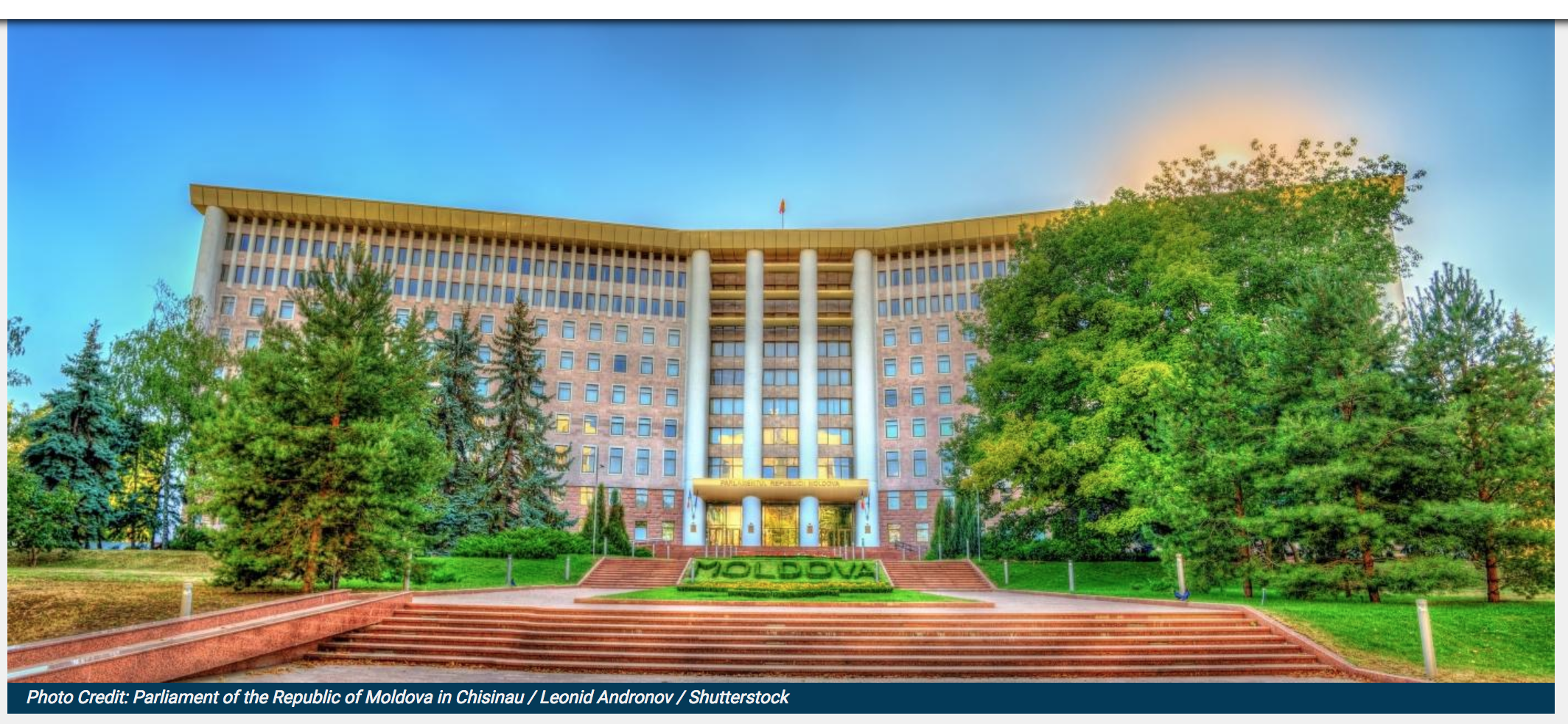
Original blogpost for the German Marshall Fund of the United States here.
Oligarchs rule Eastern Europe. Moldova, Georgia, and Ukraine are governed by pro-European governments, but have one oligarch (or more, in the case of Ukraine) calling the shots from behind the scenes. In my country, Moldova, we see how pro-European rhetoric is offered in words but not reflected in deeds, and how empty speeches and promises only erode the people’s pro-European sentiment. In practice we see degrading standards of democracy, rule of law, and human rights. Called a “success story” five years ago, Moldova is now a captured state, where laws only function to protect the privileged few.
Four years ago Moldova laundered $22 billion from Russia to EU accounts. One billion USD (equivalent to 15 percent of the tiny country’s GDP) was stolen from the National Bank of Moldova’s reserves. In four years, no one was brought to justice for these financial crimes and no assets from what was stolen were recovered. The captured institutions that tacitly sanctioned these crimes four years ago refuse now to investigate them. Those suspected of involvement are still in power. The financial crimes make other cases of high-level corruption seem trivial — the import of electricity and natural gas, monopolies, de facto sanctioned by the state, public procurement, and mismanagement of state owned companies, to name just a few.
Corruption has never been this big in Moldova, according to Transparency International’s (TI) Corruption Perception Index. Apologists will dismiss TI’s ranking, claiming this is just perception, not an absolute measure of corruption. True, this is the perception of the people of Moldova. This is what people think, and they have clear reasons to think this way. The deep sentiment of injustice and impunity feeds this perception.
Press freedom is degrading year by year, according to Reporters Without Borders, after a short improvement in the early 2010s. Free media is under constant risk of bankruptcy. By maintaining a monopoly on the advertising market for politically affiliated media, market forces are engineered to keep free press small and fragile. In addition to the Russian propaganda, we have a local pro-government propaganda machine, equally toxic for democracy.
The country’s democracy as a whole is in decline. Freedom House, and The Economist, downgraded Moldova to “hybrid regime,” a non-democracy. Under a nominally pro-European government, we are not yet a Putin-style autocracy — but we are headed to that direction.
The country is degrading and falling into isolation, as the country’s oligarch, Vladimir Plahotniuc is tightening his grip. Plahotniuc emerged from nowhere in 2010 to become the most influential politician. His ruling Democratic Party received 15 percent of votes in late 2014. About one year later it forged a de facto majority in the Parliament. There has been much speculation about what attracted many lawmakers to the billionaire, but it is unlikely to be his sparkling personality.
In Moldova, corruption is a clear threat to the good functioning of democratic institutions. Moldova’s nominally pro-European rulers, and de facto state capturers, treat the Law as a suggestion. Our politicians see the Law as a protection mechanism for them and their interests, rather than a universal guarantee that every member of the society will be treated fairly.
The situation in Moldova is similar to that of Ukraine and Georgia. While in words the rulers of these countries commit to promoting democracy, they are often seen doing the opposite – suffocating the opposition, intimidating investigative journalists, and denigrating nongovernmental organizations and activists.
Speeches about democracy and European values are not credible when given by a state captor. When credible speakers give such speeches next to an accomplice to state capture, those few who are dedicated to defending and advancing our democracies feel abandoned. We need more credible voices, both within Moldova and in the international community.
To obtain a European perspective, our countries in Eastern Europe must achieve sustainable democracy and protect the rule of law. It is time we recognize that we have to choose between democracy and oligarchy, between a European state and a captured state. The two are not compatible. An oligarch is not capable of building a democracy. No oligarch ever has. Oligarchs are the by-products of corruption. They best survive in corruption and further breed corruption. They are state captors, saboteurs of reforms, and the main impediments to our countries’ democratic development.
In these times of “alternative facts” proliferating in all of our societies, we must insist on calling things by their true names, if we wish to remain true to ourselves. It is time our friends and partners in the West see the true essence of local oligarchs in the Eastern Europe. Recognizing this truth is the only cornerstone for the advancement of clear, straightforward policies based on liberal values for countries like mine.
Dumitru Alaiba is programs director at CPR Moldova. This blog post was written as a response to leadership dialogues held at GMF’s recent Marshall Seminar on the Frontier of Democracy in Kiev, Ukraine.